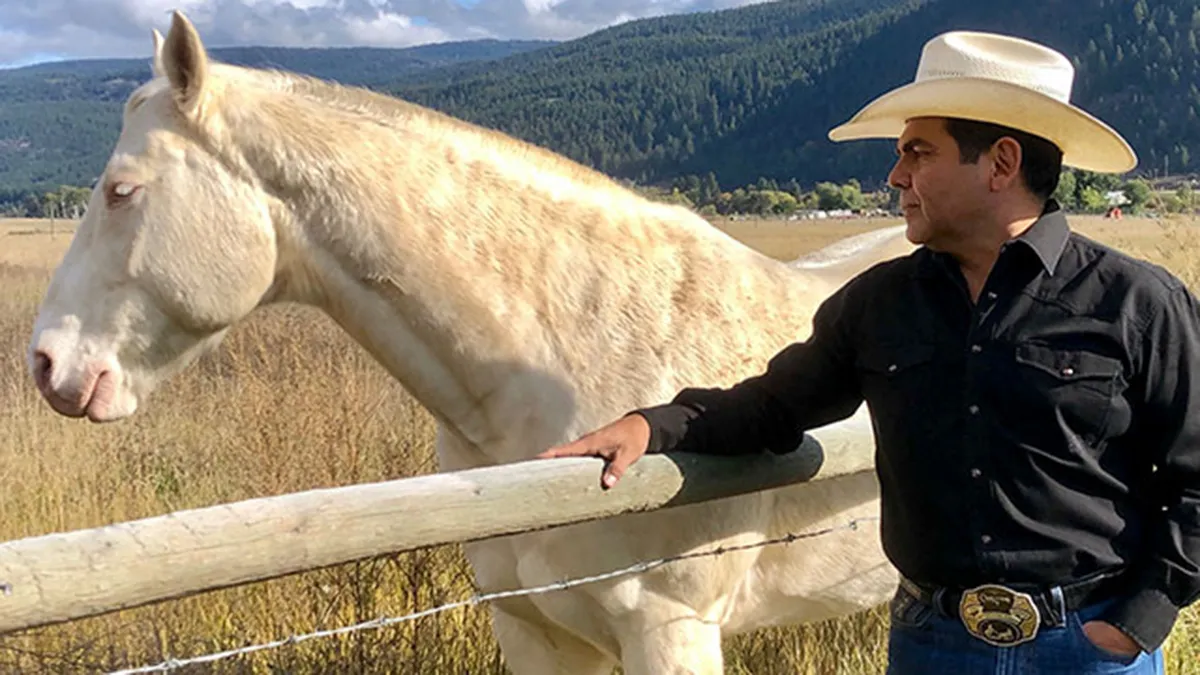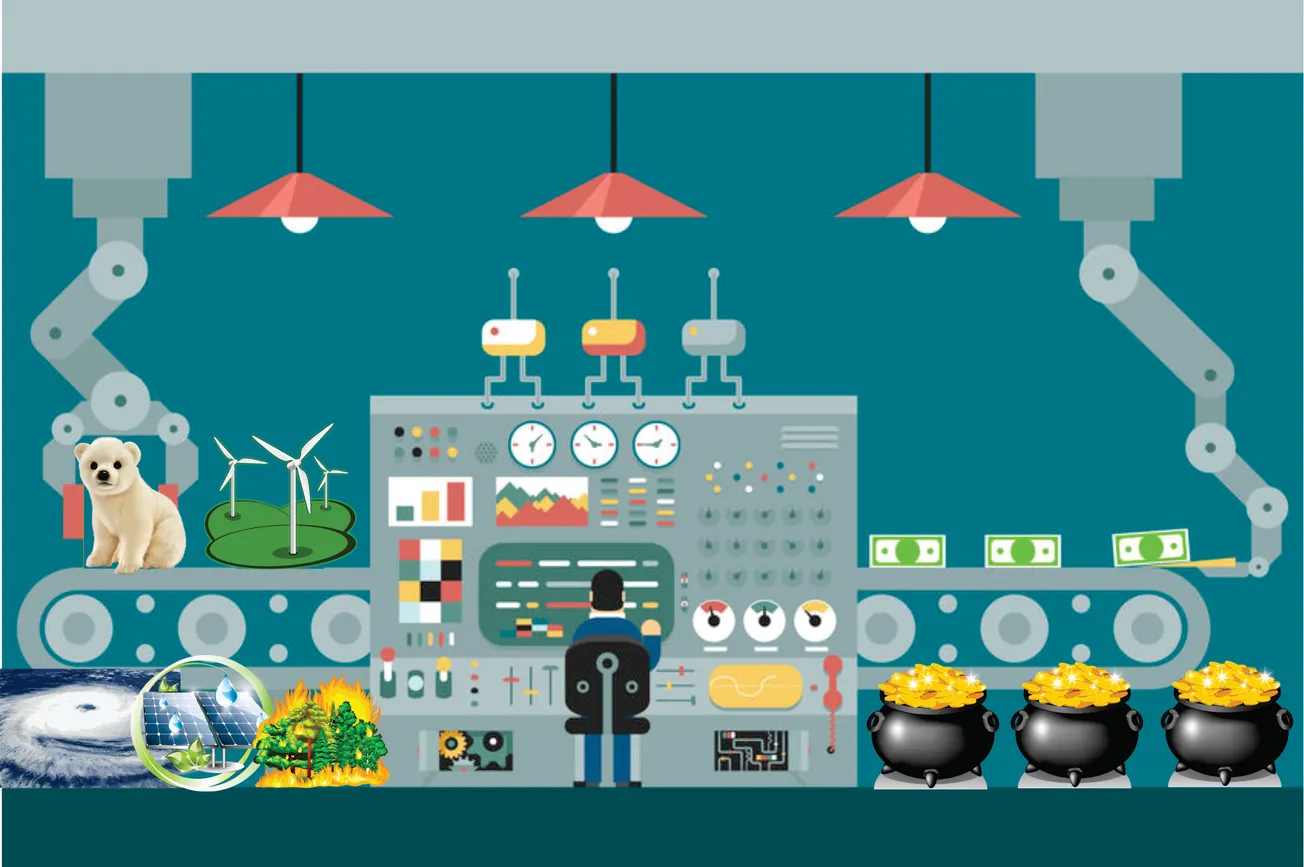Table of Contents
It’s difficult not to notice that green protesters almost always protest developments that are nowhere near where they live. Greens in Australia are the most urbanised people in the world, concentrated in wealthy innermost Melbourne and Sydney. The developments they oppose are almost always in rural and remote regions, often with chronic unemployment and low incomes.
Rich greens deny poor country people the economic luxury they already enjoy. Poor indigenous people, most of all.
Mining creates jobs. Mining executives like Twiggy Forrest have dedicated employment programs for Aboriginal people in place. Aboriginal communities want to see their property rights respected, and to reap the economic benefits of development.
Greens want to deny them all that. It’s the same all over the world.
[Mike LeBourdais is] the elected chief of Whispering Pines-Clinton Indian Band […]The chief is part of the Western Indigenous Pipeline Group and they have their sights set on buying a stake in the Trans Mountain expansion project, a $4.5 billion project to twin the current pipeline that runs from Edmonton, Alta., to Burnaby, B.C.
And the outcome of Canada’s upcoming election is critical for a possible deal […]the NDP and Green Party are against the expansion.
LeBourdais believes revenue from the pipeline will help give First Nation communities a brighter future.
“The pipeline is a piece of infrastructure that we want to acquire so we can have a better tomorrow,” says LeBourdais […]
“Pipelines don’t create climate change, actually they reduce it,” says LeBourdais. “When you’re trucking oil by rail or truck you are increasing CO2 emissions. However, First Nations understand that the environment is the important part so if you want to protect that you use oil pipelines rather than rail or truck.”
Gaia-worshipping, city-based greens treat Aboriginal people – whether in Australia or Canada – as simple children who share the same Rousseau-esque, romanticised worldview as themselves.
LeBourdais says he’s not against [the pipeline], but wants it done properly.
“Mostly when you talk about resource extraction, what we want to see is responsible, environmental resource extraction.”
Many jobs in Northern B.C. and the Interior are resource based – very different from the people living in the Lower Mainland.
“There’s a huge disconnect,” says LeBourdais.
“They think that this is where the pollution comes from…“We’re the ones that are supplying the resources to keep the economy moving.”
And they deserve the economic benefit that comes from having their property rights respected.
“We don’t have that jurisdiction over our own taxes and our own resources. And it’s not just me, you can go to any Indian Band in Canada, they’ll tell you the same dam thing, but in a different vernacular. And it’s always the same, it’s the Indian Act that holds us down […]They are well intentioned, but that is the road to hell, is well intentions. They do not achieve what they set out to achieve.
“What we want here is our jurisdiction back so that we can provide for our people as we have done for 10 thousand years.”
aptnnews.ca/2019/10/09/pipelines-dont-create-climate-change-they-reduce-it-says-b-c-chief/









